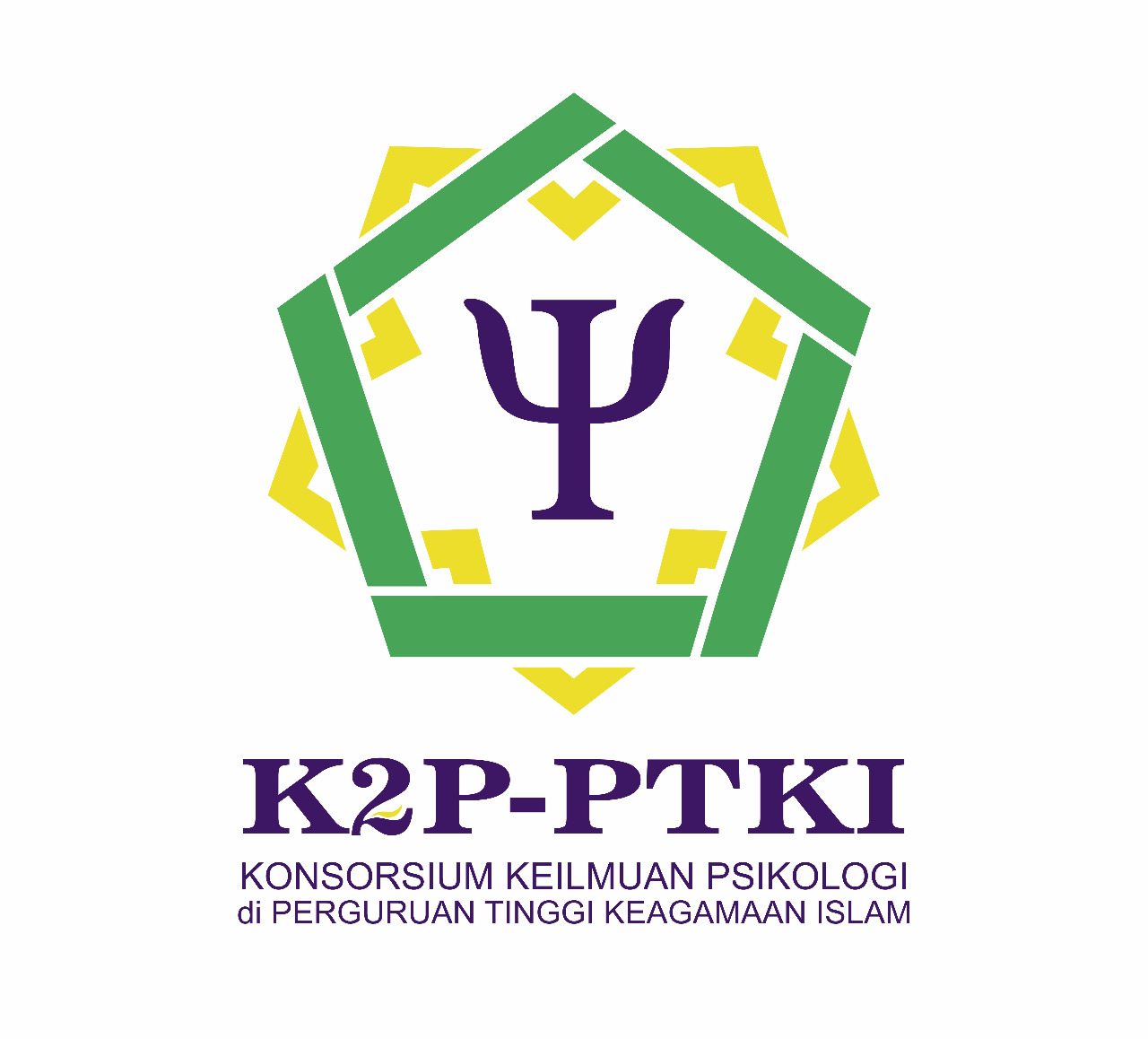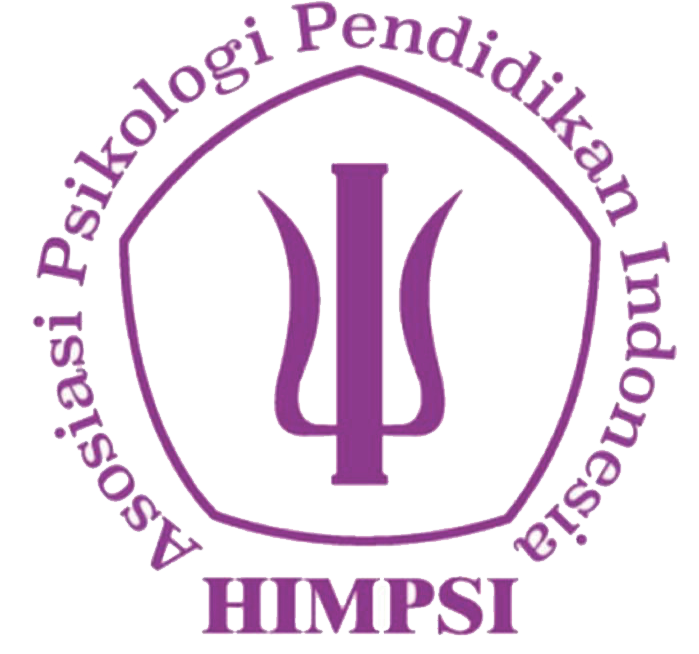Does an Authoritative Parenting Style Associate with Secure Attachment to Father?
Abstract
Good parenting produces a good mutual relationship between parent and child. Fathers have a role in parenting. A father is involved in nurturing by interacting with children and utilizing his resources, including physical, cognition, and affection. To that end, this study aimed to investigate the relationship between authoritative parenting and secure attachment to fathers among adolescents in Pidie-Aceh, Indonesia. This study used a purposive sampling technique with a total sample of 200 teenagers. Data collection techniques were performed by using an authoritative parenting scale and secure attachment to the father scale. The Pearson correlation test results showed that authoritative parenting was positively related to secure attachment to father. The analysis proved that authoritative parenting was significantly related to adolescents’ attachment to their fathers
Copyright © 2020. Psikoislamika: Jurnal Psikologi dan Psikologi Islam
Keywords
Full Text:
PDFReferences
Baron, R. A. & Bryne, D. (2005). Psikologi Sosial (10th ed.). Jakarta: Erlangga.
Baumrind, D. (1967). Child care practices anteceding three patterns of preschool behavior. Genetic Psychology Monographs.
Darling, N., & Steinberg, L. (2017). Parenting style as context: An integrative model. In Interpersonal development (pp. 161-170). Routledge.
de Vries, S. L., Hoeve, M., Stams, G. J. J., & Asscher, J. J. (2016). Adolescent-parent attachment and externalizing behavior: The mediating role of individual and social factors. Journal of Abnormal Child Psychology, 44(2), 283-294.
Dix, T., & Moed, A. (2019). Parenting and depression. In Handbook of parenting (pp. 449-482). Routledge.
Duncan, R. J., Schmitt, S. A., & Vandell, D. L. (2019). Additive and synergistic relations of early mother–child and caregiver–child interactions for predicting later achievement. Developmental Psychology, 55(12), 2522.
Ebrahimi, L., Amiri, M., Mohamadlou, M., & Rezapur, R. (2017). Attachment styles, parenting styles, and depression. International Journal of Mental Health and Addiction, 15(5), 1064-1068.
Feldman, R., & Bakermans-Kranenburg, M. J. (2017). Oxytocin: A parenting hormone. Current Opinion in Psychology, 15, 13-18.
Fernandes, C., Veríssimo, M., Monteiro, L., Antunes, M., Vaughn, B. E., & Santos, A. J. (2018). Mothers, fathers, sons, and daughters: Are there sex differences in the organization of secure base behavior during early childhood. Infant Behavior and Development, 50, 213-223.
Fuertes, M., Faria, A., Beeghly, M., & Lopes-dos-Santos, P. (2016). The effects of parental sensitivity and involvement in caregiving on mother–infant and father–infant attachment in a Portuguese sample. Journal of Family Psychology, 30(1), 147.
Gordon, M. S. (2016). Community disadvantage and adolescent’s academic achievement: The mediating role of father influence. Journal of Child and Family Studies, 25(7), 2069-2078. Jones, J. D., Fraley, R. C., Ehrlich, K. B., Stern, J. A., Lejuez, C. W., Shaver, P. R., & Cassidy, J. (2018). Stability of attachment style in adolescence: An empirical test of alternative developmental processes. Child development, 89(3), 871-880.
Katz, I., Lemish, D., Cohen, R., & Arden, A. (2019). When parents are inconsistent: Parenting style and adolescents' involvement in cyberbullying. Journal of Adolescence, 74, 1-12.
Kerstis, B., Åslund, C., & Sonnby, K. (2018). More secure attachment to the father and the mother is associated with fewer depressive symptoms in adolescents. Upsala Journal of Medical Sciences, 123(1), 62-67.
Koehn, A. J., & Kerns, K. A. (2018). Parent–child attachment: Meta-analysis of associations with parenting behaviors in middle childhood and adolescence. Attachment & Human Development, 20(4), 378-405.
Lau, E. Y. H., & Power, T. G. (2019). Coparenting, parenting stress, and authoritative parenting among Hong Kong Chinese mothers and fathers. Parenting, 1-10.
Lomanowska, A. M., Boivin, M., Hertzman, C., & Fleming, A. S. (2017). Parenting begets parenting: A neurobiological perspective on early adversity and the transmission of parenting styles across generations. Neuroscience, 342, 120-139.
Meuwissen, A. S., & Carlson, S. M. (2018). The role of father parenting in children’s school readiness: A longitudinal follow-up. Journal of Family Psychology, 32(5), 588.
Mirderikvand, F., Sami, A., Mohammadi, A. A., Ahmadi, M., & Taheri, M. (2016). Predicting the Parenting Styles Based on Attachment Styles and Emotional Intelligence. Journal of Health and Care, 18(2), 120-130.
Nunes, F., & Mota, C. P. (2017). Parenting styles and suicidal ideation in adolescents: Mediating effect of attachment. Journal of child and family studies, 26(3), 734-747.
Oldfield, J., Humphrey, N., & Hebron, J. (2016). The role of parental and peer attachment relationships and school connectedness in predicting adolescent mental health outcomes. Child and Adolescent Mental Health, 21(1), 21-29.
Pace, C. S., Di Folco, S., & Guerriero, V. (2018). Late‐adoptions in adolescence: Can attachment and emotion regulation influence behavior problems? A controlled study using a moderation approach. Clinical Psychology & Psychotherapy, 25(2), 250-262.
Psychogiou, L., Nath, S., Kallitsoglou, A., Dimatis, K., Parry, E., Russell, A. E., ... & Moberly, N. J. (2018). Children's emotion understanding in relation to attachment to mother and father. British Journal of Developmental Psychology, 36(4), 557-572.
Safdar, S., & Zahrah, S. M. (2016). Impact of parenting styles on the intensity of parental and peer attachment: Exploring the gender differences in adolescents. American Journal of Applied Psychology, 4(2), 23-30.
Simonelli, A., Parolin, M., Sacchi, C., De Palo, F., & Vieno, A. (2016). The role of father involvement and marital satisfaction in the development of family interactive abilities: a multilevel approach. Frontiers in Psychology, 7, 1725.
Stern, J. A., & Cassidy, J. (2018). Empathy from infancy to adolescence: An attachment perspective on the development of individual differences. Developmental Review, 47, 1-22.
Theisen, J. C., Fraley, R. C., Hankin, B. L., Young, J. F., & Chopik, W. J. (2018). How do attachment styles change from childhood through adolescence? Findings from an accelerated longitudinal Cohort study. Journal of Research in Personality, 74, 141-146. Tu, K. M., Marks, B. T., & El-Sheikh, M. (2017). Sleep and mental health: the moderating role of perceived adolescent-parent attachment. Sleep Health, 3(2), 90-97.
Van Polanen, M., Colonnesi, C., Fukkink, R. G., & Tavecchio, L. W. (2017). Is Caregiver Gender Important for Boys and Girls? Gender-Specific Child–Caregiver Interactions and Attachment Relationships. Early Education and Development, 28(5), 559-571.
Wagani, R. (2018). Role of Father versus Mother in self-esteem of Adolescence. Journal of Psychosocial Research, 13(2), 173-182.
Wasarhelyi, J. N., John, B., Long, B., & Lovas, G. S. (2019). The Effects of Parent Attachment and Parenting Styles on Decision-Making in College Students [Susquehanna University]. Journal of Student Research.
Yoder, J. R., Leibowitz, G. S., & Peterson, L. (2018). Parental and peer attachment characteristics: Differentiating between youth sexual and non-sexual offenders and associations with sexual.Journal of Interpersonal Violence, 33(17), 2643-2663.
DOI: https://doi.org/10.18860/psi.v17i1.9171

This work is licensed under a Creative Commons Attribution-NonCommercial-ShareAlike 4.0 International License.
Indexing By:
------------------------------------------------------------------------------------------

PSIKOISLAMIKA: Jurnal Psikologi dan Psikologi Islam by http://ejournal.uin-malang.ac.id/index.php/psiko is licensed under a Creative Commons Attribution-NonCommercial-ShareAlike 4.0 International License.


.jpg)











_(2)1.png)